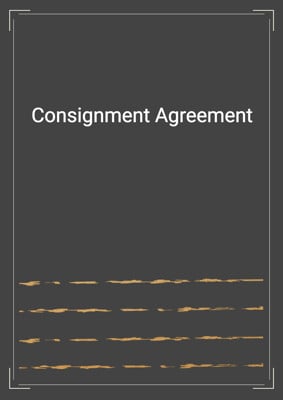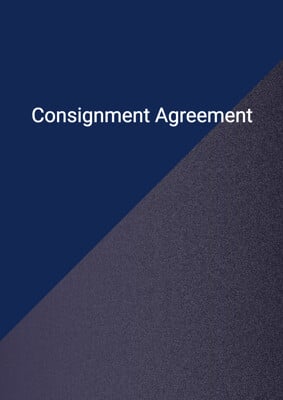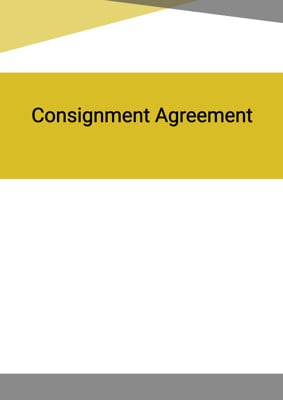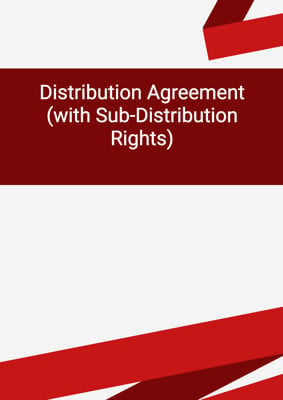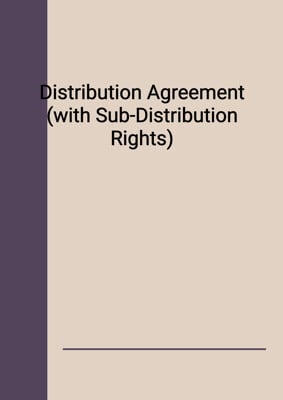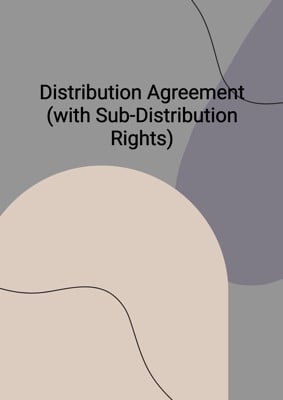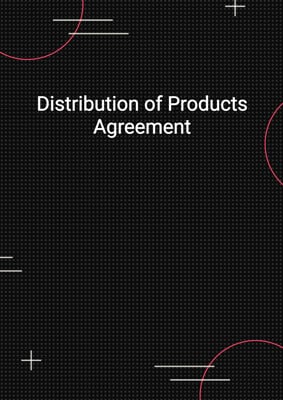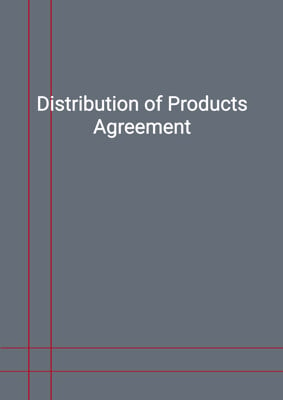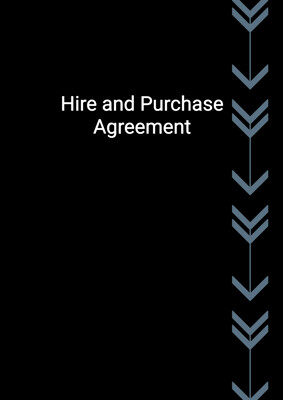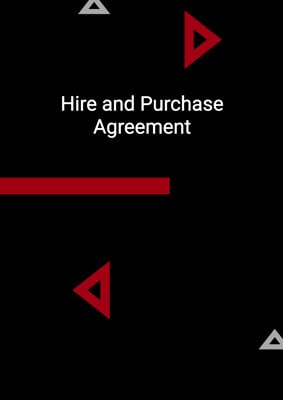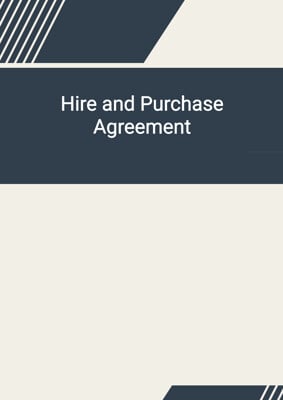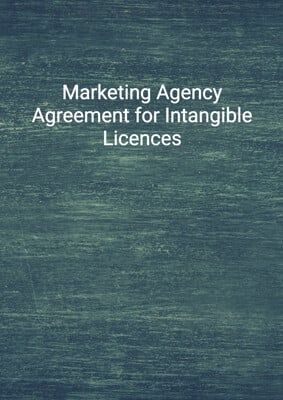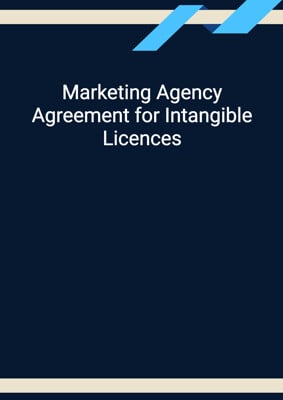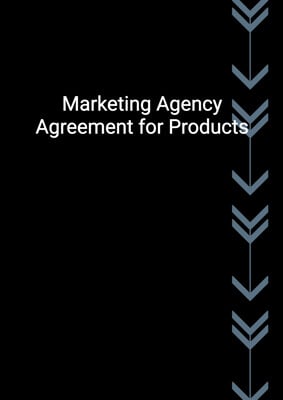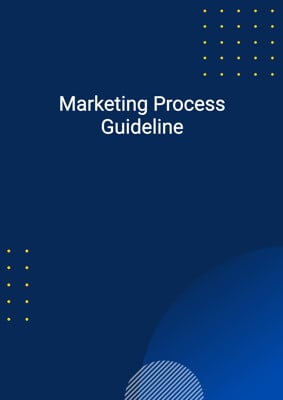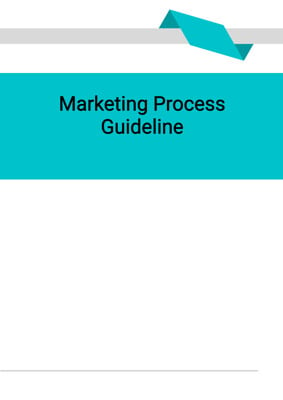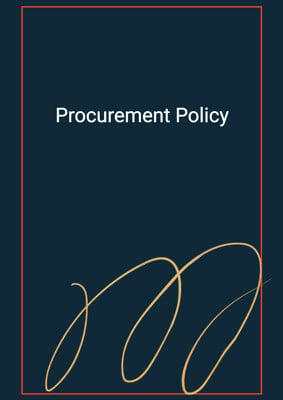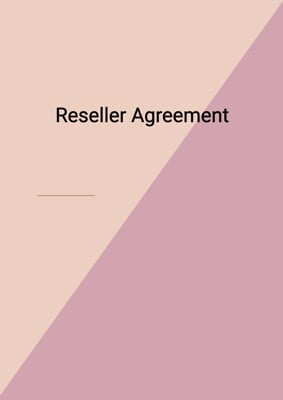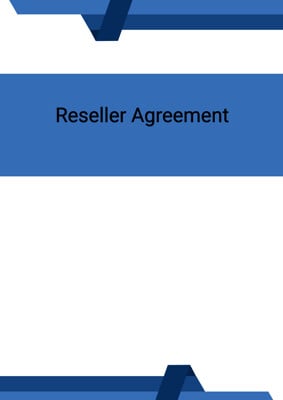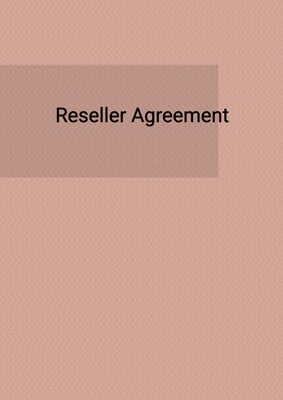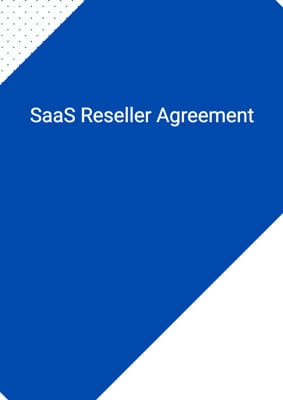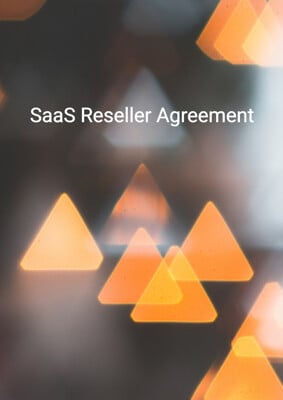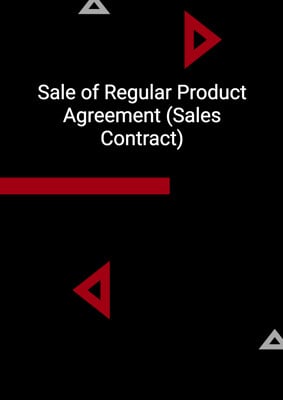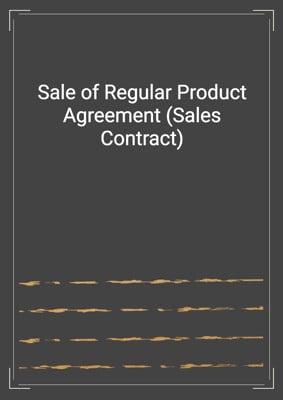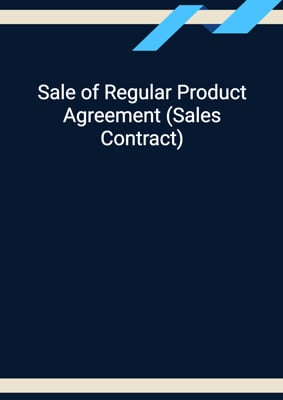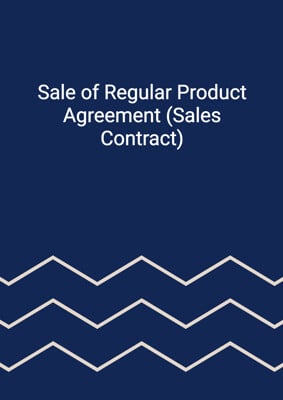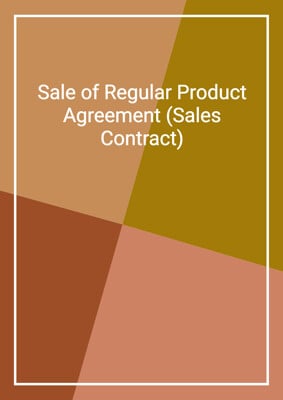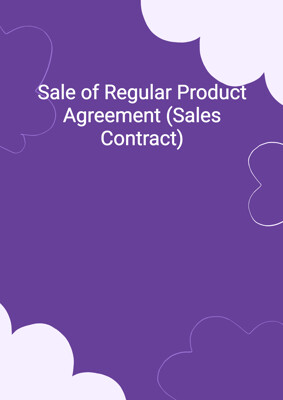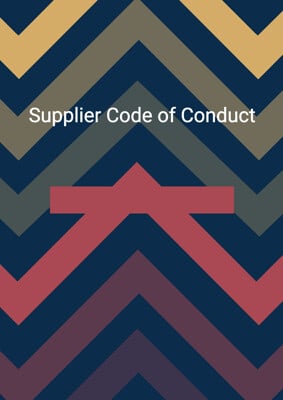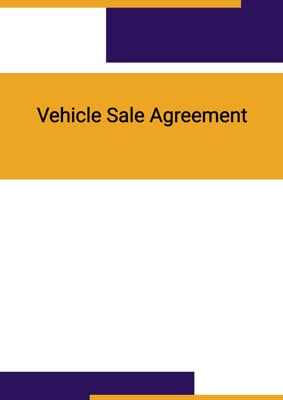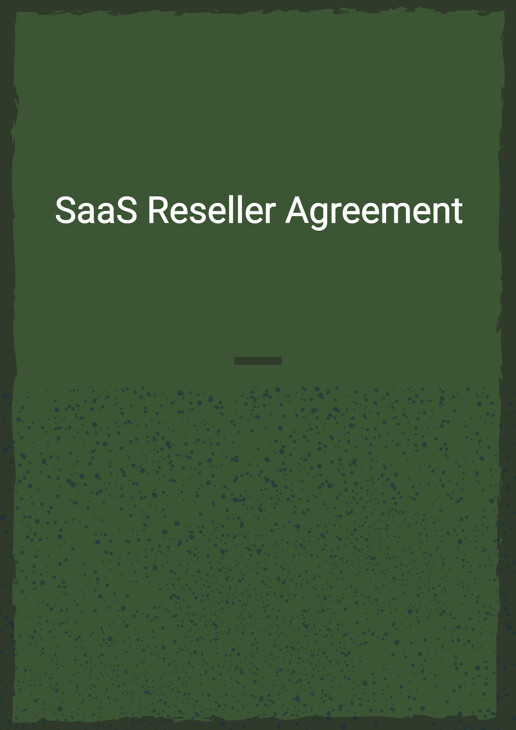
SaaS Reseller Agreement
Neutral
This document can be used as a SaaS Reseller Agreement / B2B contract / Saas Agreement template that enables a reseller to resell Company's SaaS software and services to his customers in his territory. The Reseller earns a profit margin between the prices. The Agreement is drafted in Neutral Form.
How to Tailor the Document for Your Need?
01
Create Document
Fill in the details of the parties. You can click the "Fill with Member’s Information" button to complete it with information saved to your account.
02
Fill Information
Please fill in any additional information by following the step-by-step guide on the left hand side of the preview document and click the "Next" button.
03
Get Document
When you are done, click the "Get Document" button and you can download the document in Word or PDF format.
04
Review Document
Please get all parties to review the document carefully and make any final modifications to ensure that the details are correct before signing the document.
Document Preview
Document Description
A SaaS (Software as a Service) Reseller Agreement is a contract that grants a reseller (who is the middleman between the owner and the user of any software) the right to market and sell a SaaS provider’s software services to end customers.
To the SaaS provider, such an agreement enables faster expansion and growth, and thus wider market exposure by leveraging the reseller's established sales channels and customer base. The provider may as a result save the cost of hiring and maintaining a direct sales and marketing team, especially if it yearns for global expansion. As to the reseller, the agreement allows it to focus on sales marketing and customer support without the overhead of product development. In some circumstances, the agreement also extends the potential for exclusivity rights in certain markets or industries, providing a competitive advantage.
One should pay particular attention to the ownership clause and intellectual property rights, which state who the owner of the software is. They are the crucial elements of this agreement, ensuring clear ownership, protecting the rights of the SaaS provider and maintaining the integrity of the software being resold.
How to use this document?
To use the SaaS Reseller Agreement, follow these steps:
1. Review the agreement: Familiarize yourself with the terms and conditions outlined in the agreement, including the interpretation section, appointment and term, purchase of products, sale of products, confidentiality, intellectual property, liability, termination, and general provisions.
2. Customize the agreement: Modify the agreement as necessary to reflect the specific details of your business relationship with the reseller, such as the names and addresses of the parties, the territory, the products, and any additional terms or conditions.
3. Obtain legal advice: Consult with a legal professional to ensure that the agreement complies with applicable laws and regulations and adequately protects your rights and interests.
4. Negotiate and finalize the agreement: Collaborate with the reseller to negotiate any changes or additions to the agreement. Once both parties are satisfied with the terms, sign and date the agreement.
5. Implement the agreement: Communicate the terms of the agreement to relevant stakeholders within your organization and the reseller's organization. Ensure that both parties understand their rights and obligations under the agreement.
6. Monitor compliance: Regularly review the reseller's performance and adherence to the agreement. Address any issues or concerns promptly to maintain a successful business relationship.
7. Termination and renewal: If necessary, follow the procedures outlined in the agreement for termination or renewal. Provide the required notice period and take appropriate actions to conclude the agreement or extend its term.
Note: This guidance is provided for informational purposes only and should not be considered legal advice. It is recommended to consult with a legal professional for specific guidance tailored to your situation.
Not the right document?
Don’t worry, we have thousands of documents for you to choose from:

